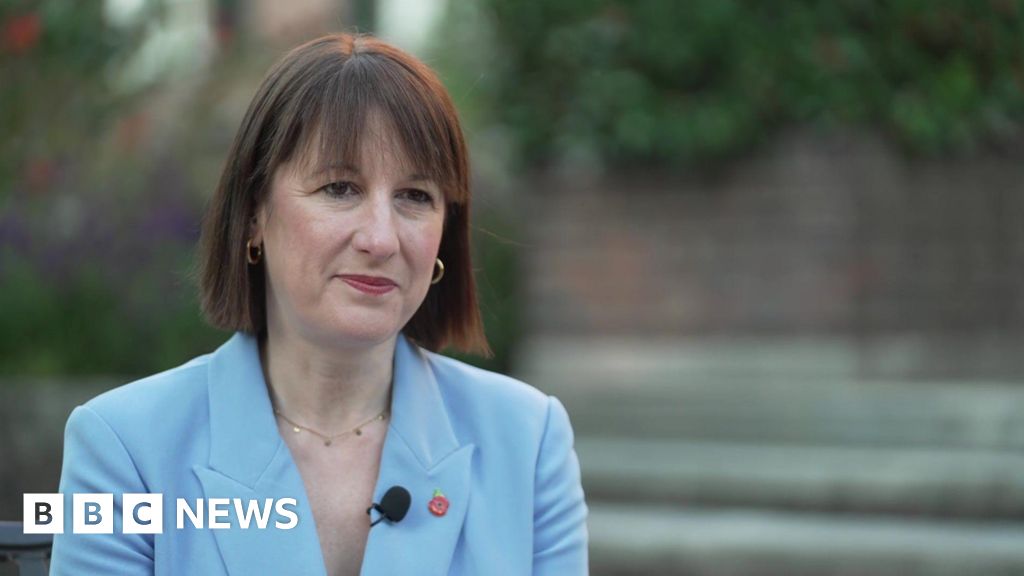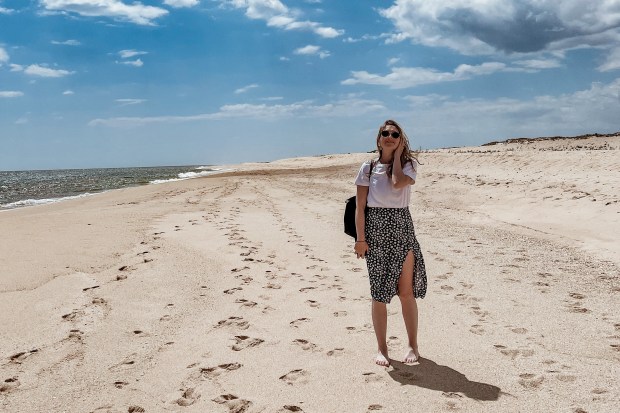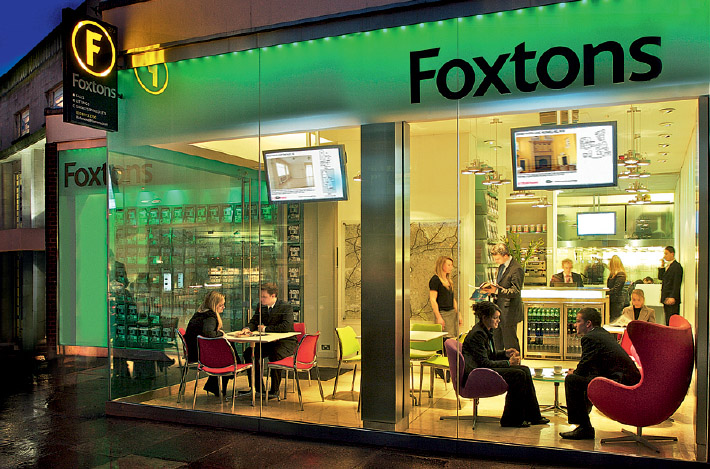The Room Next Door will not make you cry. Among its many good qualities, the new film from Pedro Almodóvar doesn’t seek to leave you blubbering in public. Your dry eyes might surprise. The movie is about death. Sadder still, it concerns two old friends, and the exit of one from cancer, as remorseless on screen as it can be in reality. The woman on the edge is New Yorker Martha, played by Tilda Swinton, a storied former war reporter. Her friend is Ingrid (Julianne Moore), a writer with a dread of mortality, about to have to face her fears.
In your mind’s eye, Almodóvar may be forever frozen as the impish boy wonder of 1980s Spanish cinema. But The Room Next Door feels an obvious destination for a great auteur lately grown sombre. His last feature Parallel Mothers (2021) was haunted by ghosts of the Spanish civil war. Pain and Glory (2019) came shrouded in late-life regret. Still, the movie also marks a new start — his first full-length film made in English.
“So how are you?” Ingrid duly asks. The news is bad. A softer melancholy follows. The pair were once inseparables in a funky Downtown scene, but then lost touch. Now, they reconnect against a ticking clock. Then Martha asks a question that sets the whole film spinning. She has refused further treatment, and procured a euthanasia pill. Will Ingrid be her companion when she takes it?
Moore’s face is a picture. So is much else in the movie. Early scenes feel stilted, as if the actors themselves may have only just learned English. Yet Almodóvar soon makes himself at home.
Despite the mournful context, the director slips easily into the poker-faced comic mode he has long enjoyed. Manhattan locations are knowingly precise — a reading at Rizzoli, a visit to the Lincoln Center — but the film treats the place as just one more glossy Almodóvarian soundstage. Skyscrapers in autumn join the droll catalogue of Dolce & Gabbana accessories, muscle-bound personal trainers, hyper-stylish furniture and lipsticks.
And for a dying woman, Swinton looks great, her character and the film alike sticking with a sheen of camera-ready glamour.

That might strike people as flippant. I found it touching: personal chic as a defiant middle finger to the gods. The whole movie is a little like that, slyly upending the earnest weepie another film would make from the material. That other telling would make sure to confront us with the wracking sights of terminal illness. Almodóvar trusts that many of us will already know what they look like, and what loss feels like, and we can all join the dots without Swinton having to perform physical agony for us.
Comic as it is, The Room Next Door also feels truer in a deeper, more interesting sense than that other, well-worn version of the story. Yes, the movie says, fate is cruel and strange. The issue is: what next? As darkness beckons, the old imp might just be back.
Almodóvar adds to the air of gentle taboo-busting by clearly having fun himself. Now 75, he is finally working in America, home to the splendid 1950s melodramas of director Douglas Sirk that shaped his early work. Here he winks their way with flashbacks filled with red Dodges and diner milkshakes.
Of course, the film also can’t help but be a crime thriller. In the face of the urgent real-world debate around assisted dying, Almodóvar again doesn’t do quite the expected. Rather than editorialise, he treats the act as simply something people may choose to do, with potential for awful misuses and slapstick mishaps.
It doesn’t feel accidental that Ingrid and Martha end up watching the Buster Keaton classic Seven Chances. As the great comic avoids an avalanche of boulders, the moment feels sweetly profound. We all get flattened eventually. Till then, though, we do at least have laughter, best shared together.
★★★★☆
In UK cinemas from October 25 and US cinemas from December 20














































































































































































You must be logged in to post a comment Login